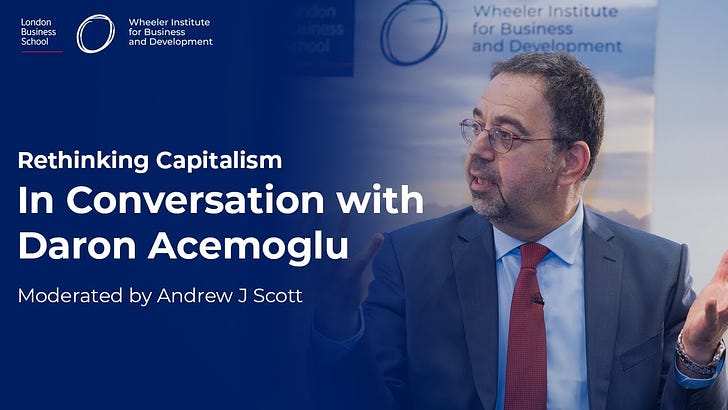A Few Things: Becoming a Magician, The Truth About UFOs, Hack Your Brain, Carbon Almanac, Foundation, Power & Progress, The Tech Section, News You Missed....
June 15, 2023
I am sharing this weekly email with you because I count you in the group of people I learn from and enjoy being around.
You can check out last week’s edition here: 5 AI Ideas from 5 AI Leaders, Economist on Fertility, Druck on Markets, GS Currie on Commodities, Kuppy in London, Ogilvy's Ad-Man, Young Forever, A16Z on AI....
Believe it or not, that “♡ Like…


